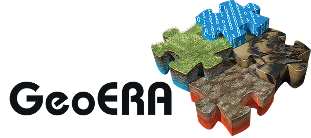Here some key achievements recognised by the audience:
- Through the networking programme of the Geological Survey Organisations (GSO), the number of data providers has increased. Data density and key information on Europe’s minerals inventory and on Europe’s raw materials potential are significantly improved by the ongoing work.
- Workable application has been demonstrated through the use of a coordinated vocabulary and working level standards that conform to INSPIRE guidelines. Mutual understanding impacted on the vocabulary and codes used beyond the requirements of the INSPIRE Directive.
Key statements for further consideration:
- This earned good understanding at the working level must still be achieved in communication with the public, policy makers, politicians and other groups. Industry and other organisations call on the Geological Survey Organisations (GSOs) to play a stronger role in communication and education.
- Positive examples on where and how local raw materials are used (dimension stones to preserve local monuments) help to increase ownership responsible sourcing by the local community.
- There is no one-fits-all-solution on how to communicate with the great variety of stakeholders, and the task is too large to be handled by the GSOs alone [key word: public acceptance, see also findings by MIREU] and requires continuing efforts.
- The GSOs need to keep their neutrality as this is key to be a trustworthy source of information to the public, for policy makers and industry.
- Thus, key challenges remain to provide harmonised data and information on a pan-European level and the next steps call for a supporting framework.






